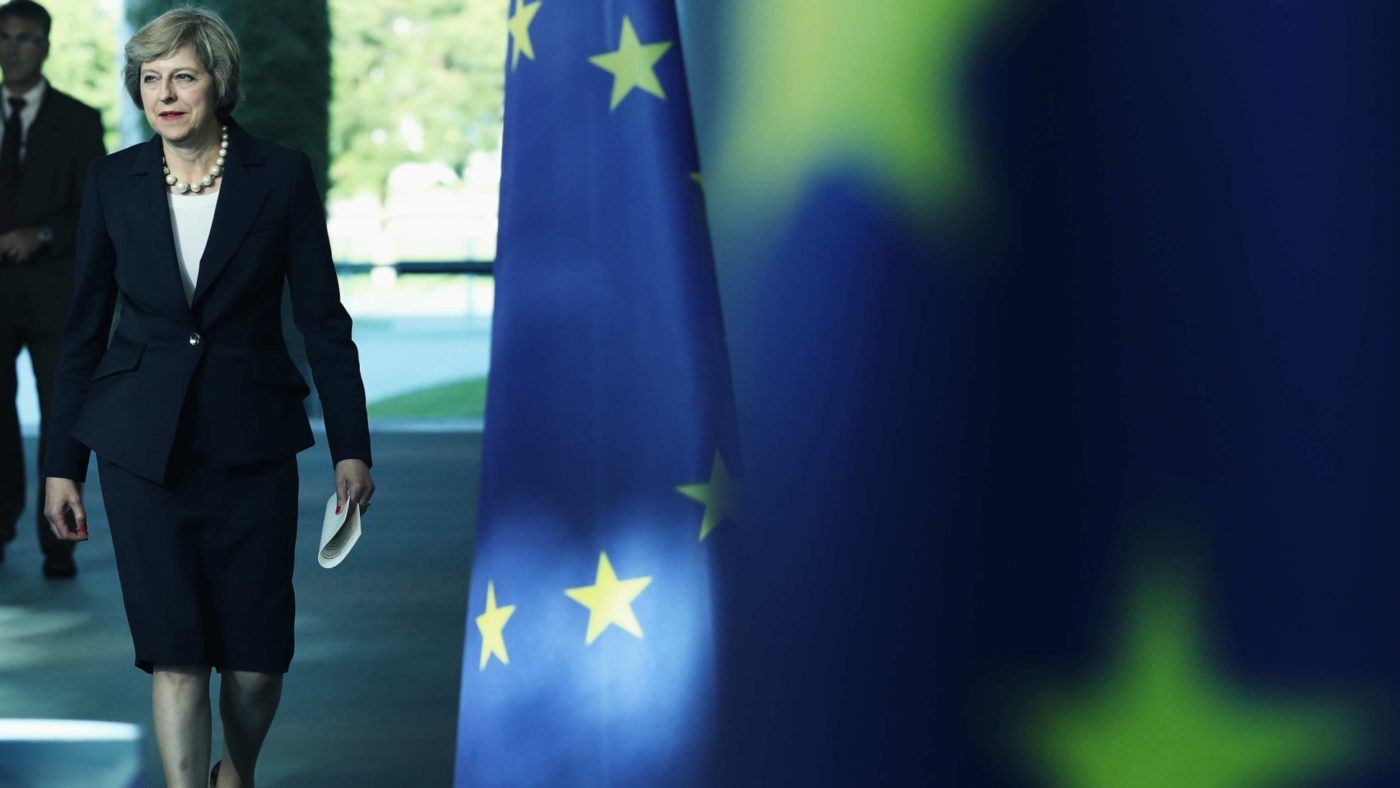The countdown has started. Now the real arguing begins – but what can both sides expect? And how to gain the advantage? At the Blavatnik School of Government in Oxford, we gave our students the opportunity to simulate the process of the Brexit negotiations in the compressed space of two days. Any such exercise necessarily imposes simplifications, but it has pointed to a number of negotiating dynamics we are likely to observe as the real talks unfold.
UK red lines might be effective
By stating clearly her position up front, May can push the Europeans to respond to the British red lines. In our simulation, the UK demand to reduce immigration was recognised early, and the EU forced to come up with possible alternatives. The UK side focused relentlessly on migration from the off, so the EU had to calibrate economic access commensurate to what May was prepared to offer on freedom of movement.
Our student Prime Minister’s control of the process was grounded in knowing and trusting her fellow student ministers, who often engaged in backroom negotiations with member states or interest groups. Such strong bonds of trust will be essential in the actual negotiations to avoid cracks in a unified British position that could be exploited.
The psychology that “we need to make a deal” was key to the emergence of a Brexit agreement. At many points over the two days, particularly as we approached deadline, the talks threatened to breakdown, yet negotiators felt that high expectations and the perception that “success’”meant securing a final deal was what kept them at the table.
EU: Avoid “divide and conquer”
From their perspective, the Europeans must maintain unity across states and institutions. In our simulation, British negotiators successfully deployed “divide and conquer” tactics, particularly when individual member states became sympathetic to the UK’s domestic constraints and frustrated with the slow pace of talks. Michel Barnier and the European Commission were at their most effective when they framed issues through the indivisibility of the “four freedoms”. However, when it became apparent member states were willing to forgo freedom of movement, EU leverage was sharply diminished.
The participants in our simulation recognised the close economic relationship between the EU and the UK. On finance and the City, discussions centred on how to make “equivalence” work post-Brexit, with some creative proposals to sidestep the ECJ. However, in trade the UK quickly announced its decision to step out of both the Single Market and the Customs Union, leaving detailed negotiations for a future FTA until after Brexit.
Despite this mutual reliance, the Brexit talks might still shift to a game in which the two players seek to inflict pain on one another. In part this is because preserving the EU is seen to require a demonstration that leaving the club comes at a significant economic price, even though this would leave both worse off than under the status quo.
Lobbies: Win some, lose some
Finally, our simulation underscored the importance of keeping all interest groups with a stake in the final deal closely involved. The early phase of negotiations was dominated by talks about the technical details of trade, finance, and freedom of movement, often driven by experts on both sides. Yet, as we drew closer to the deadline, the politics returned, leading negotiators to sometimes unpick carefully crafted and painstakingly balanced deals achieved at the technical level. At this stage it became evident to the participants that as the clock ticks down, you are going to lose some allies along the road.
Our simulation identified a number of challenges for both sides in these talks. On the UK side, Mrs May can benefit from a clear and up-front position, but has to balance this against damaging the atmosphere of the negotiations to the extent that they dissolve into mutual punishment.
For the Europeans, there is a very real danger of UK “divide and conquer” strategies proving successful. They may also struggle to hold together on the indivisibility of the four freedoms, given the heterogeneity of national politics. We shall see, but our simulation suggests the British Government might have more negotiating advantage than previously thought.


